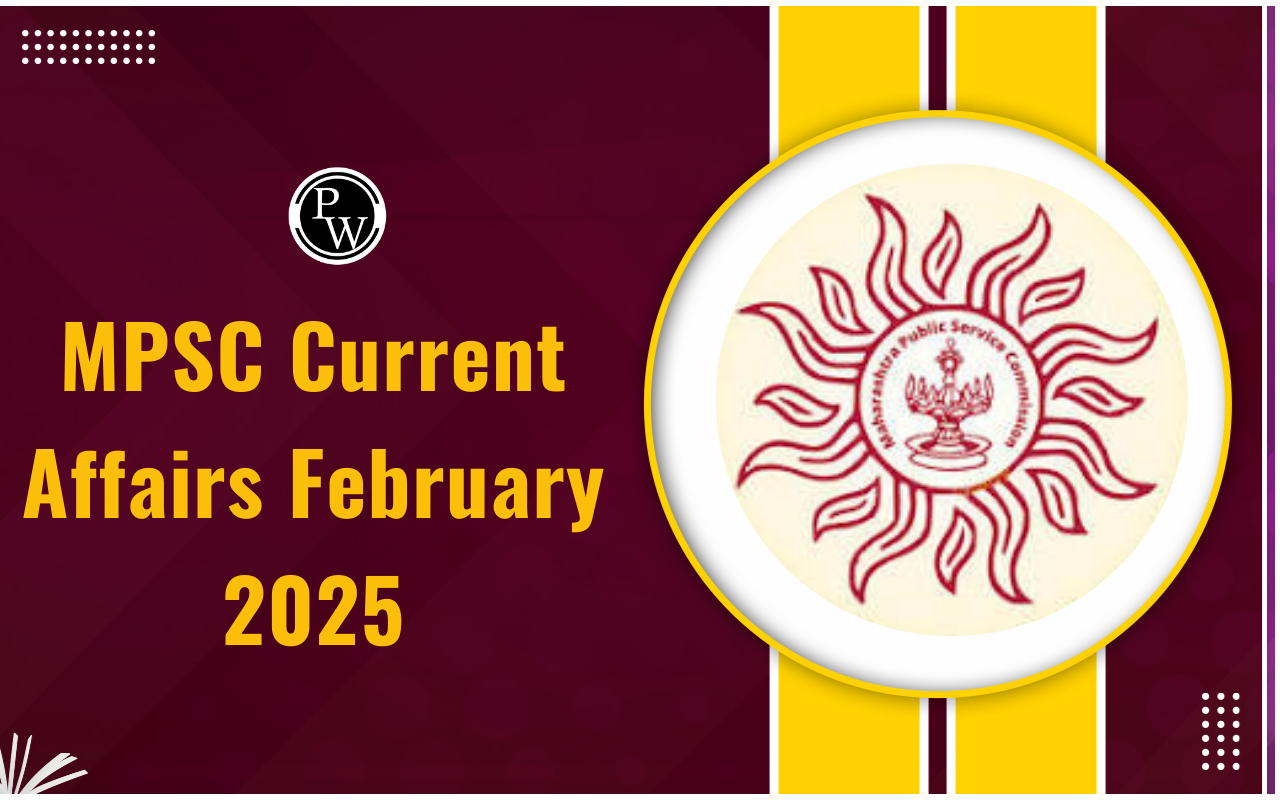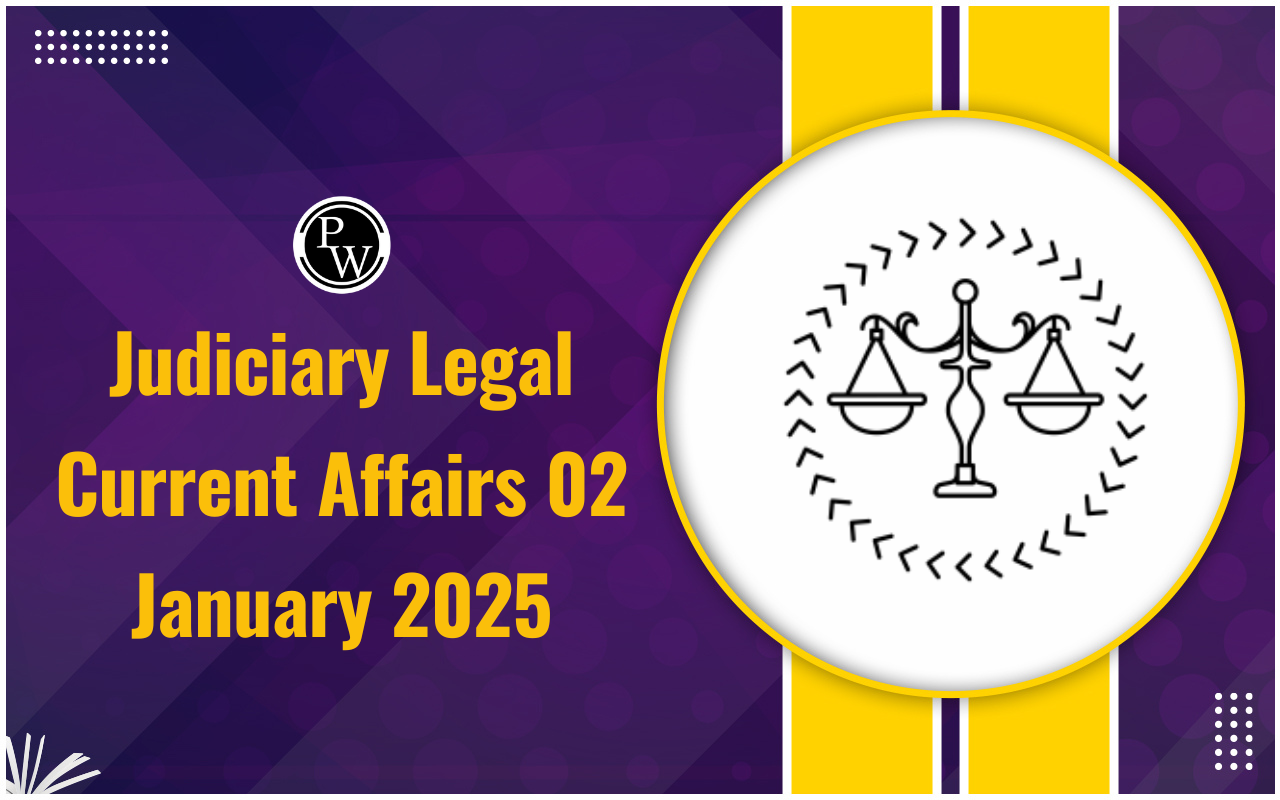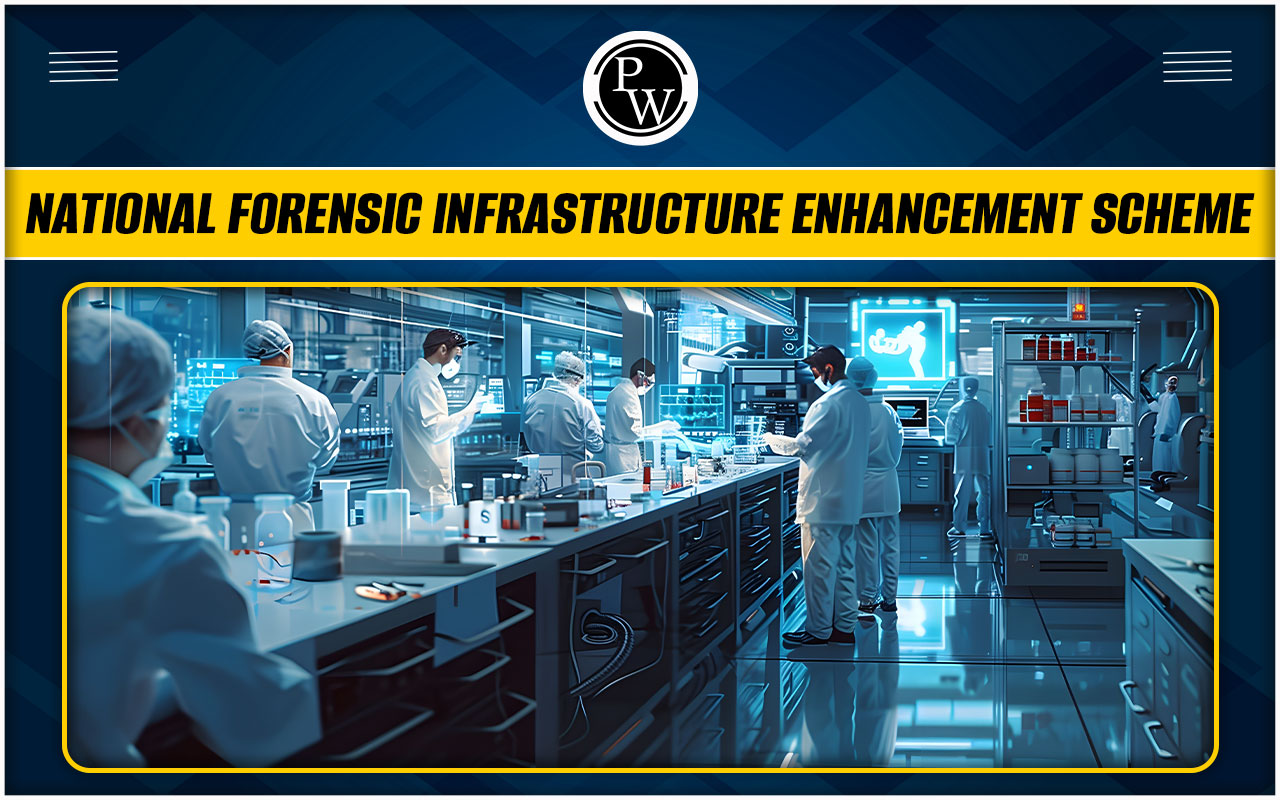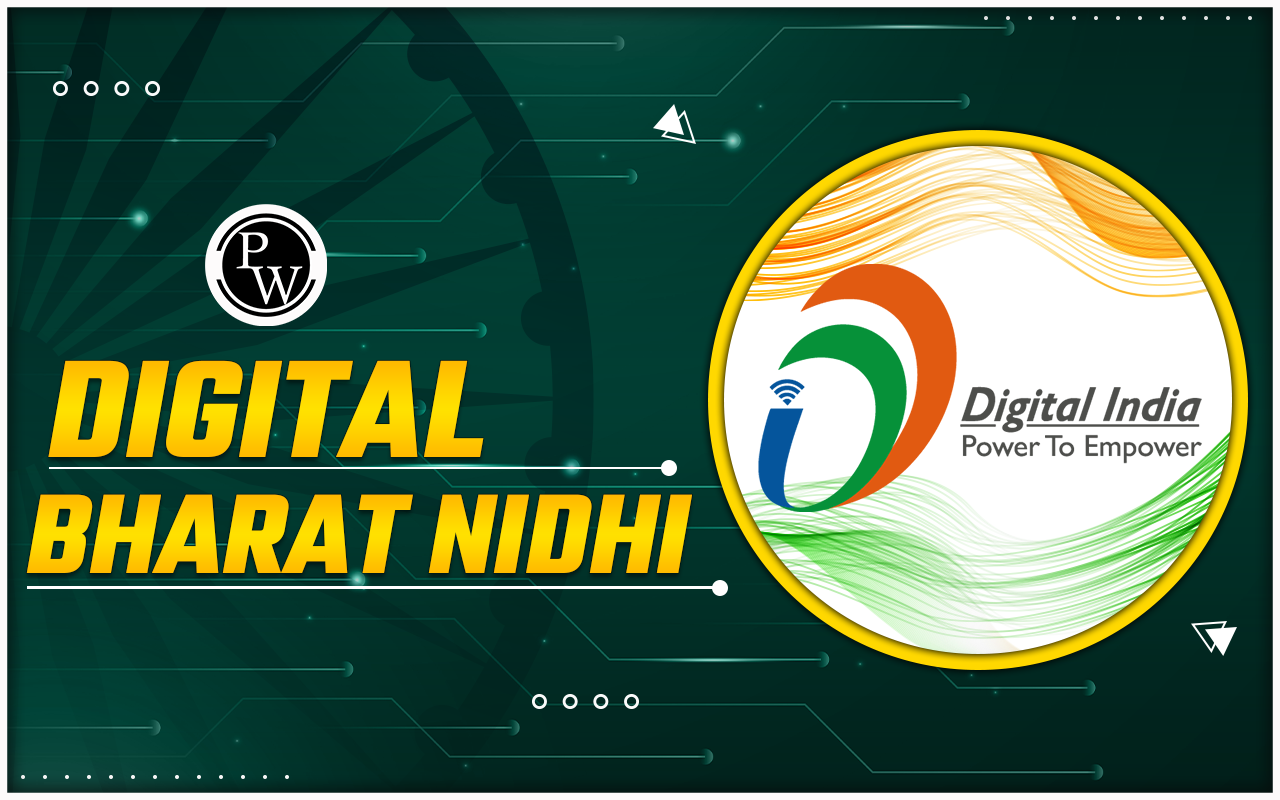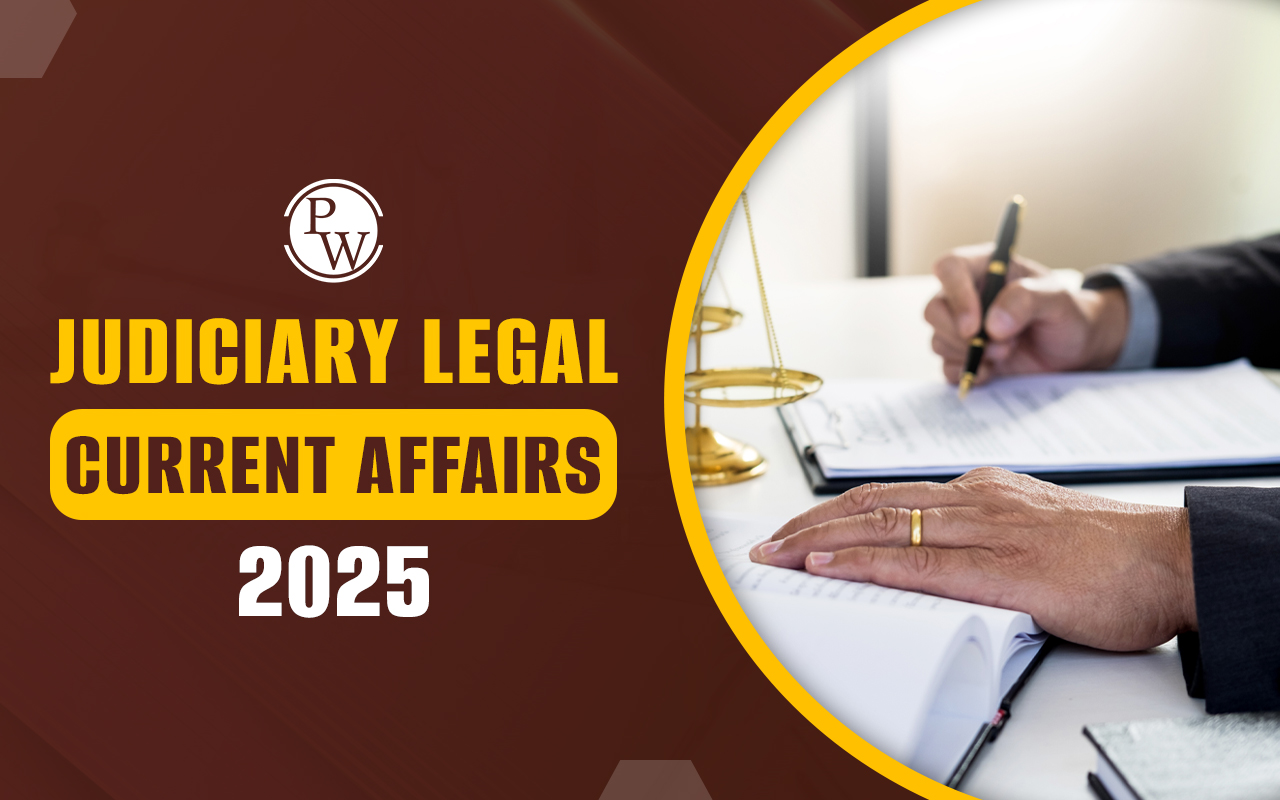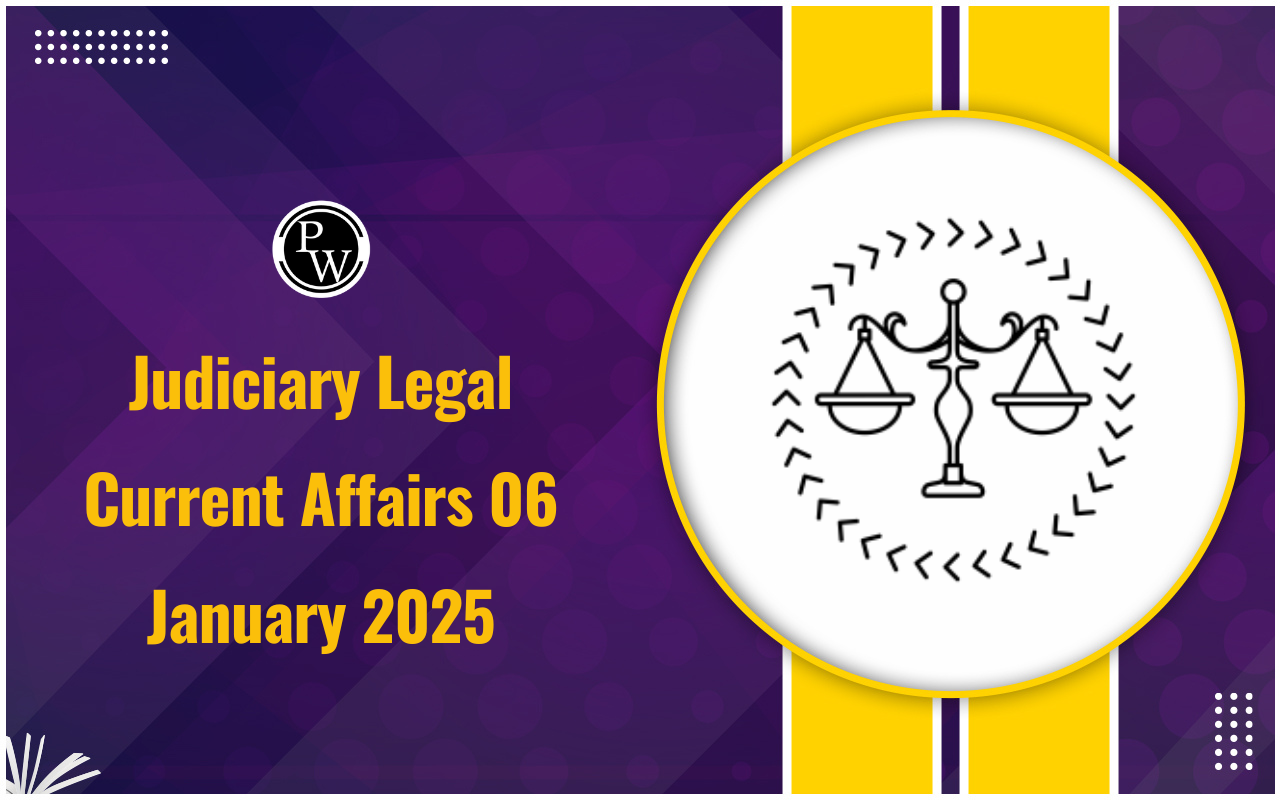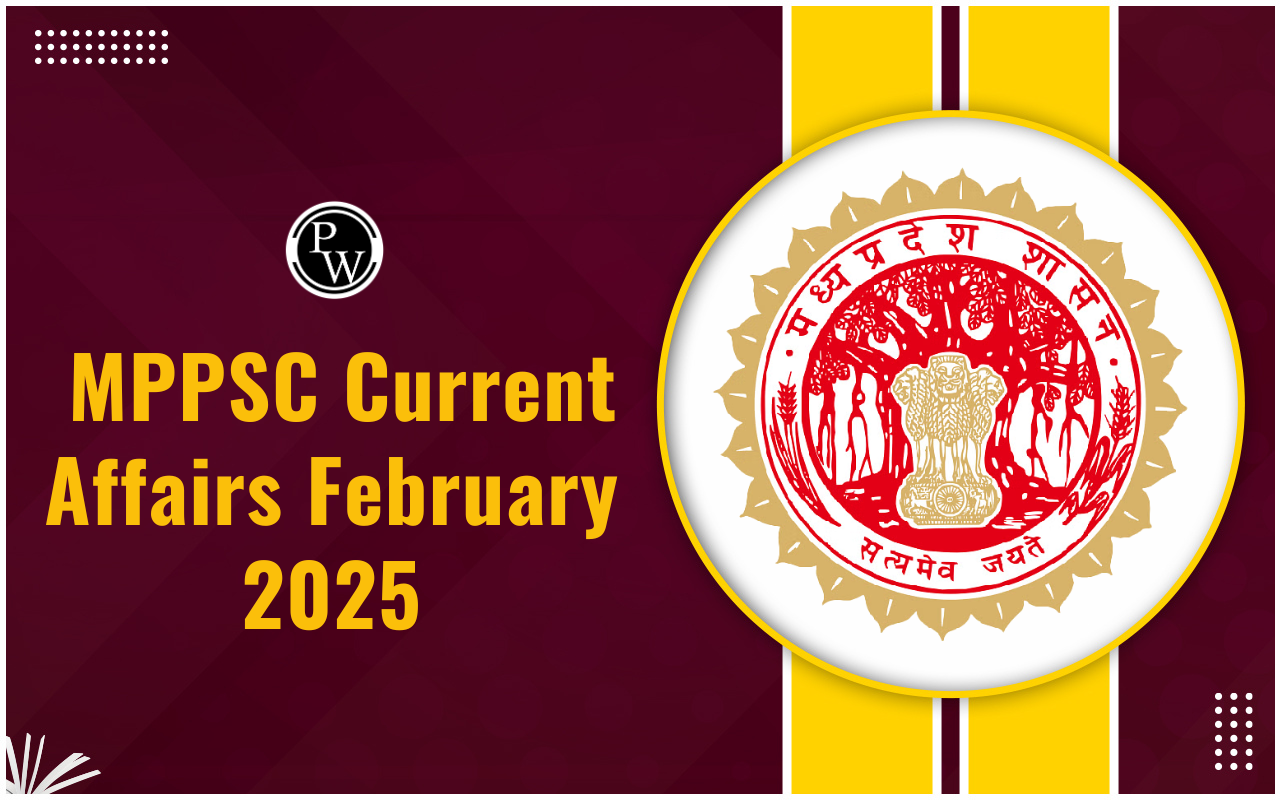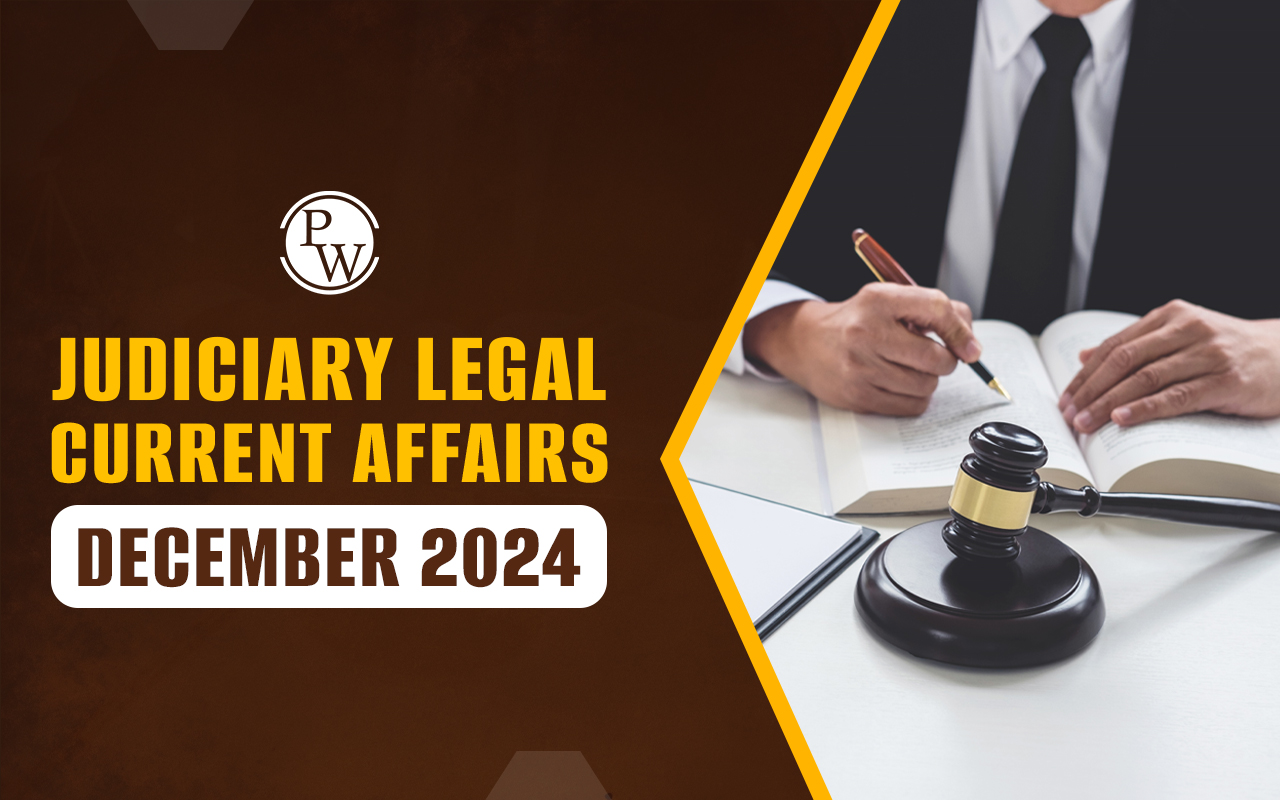
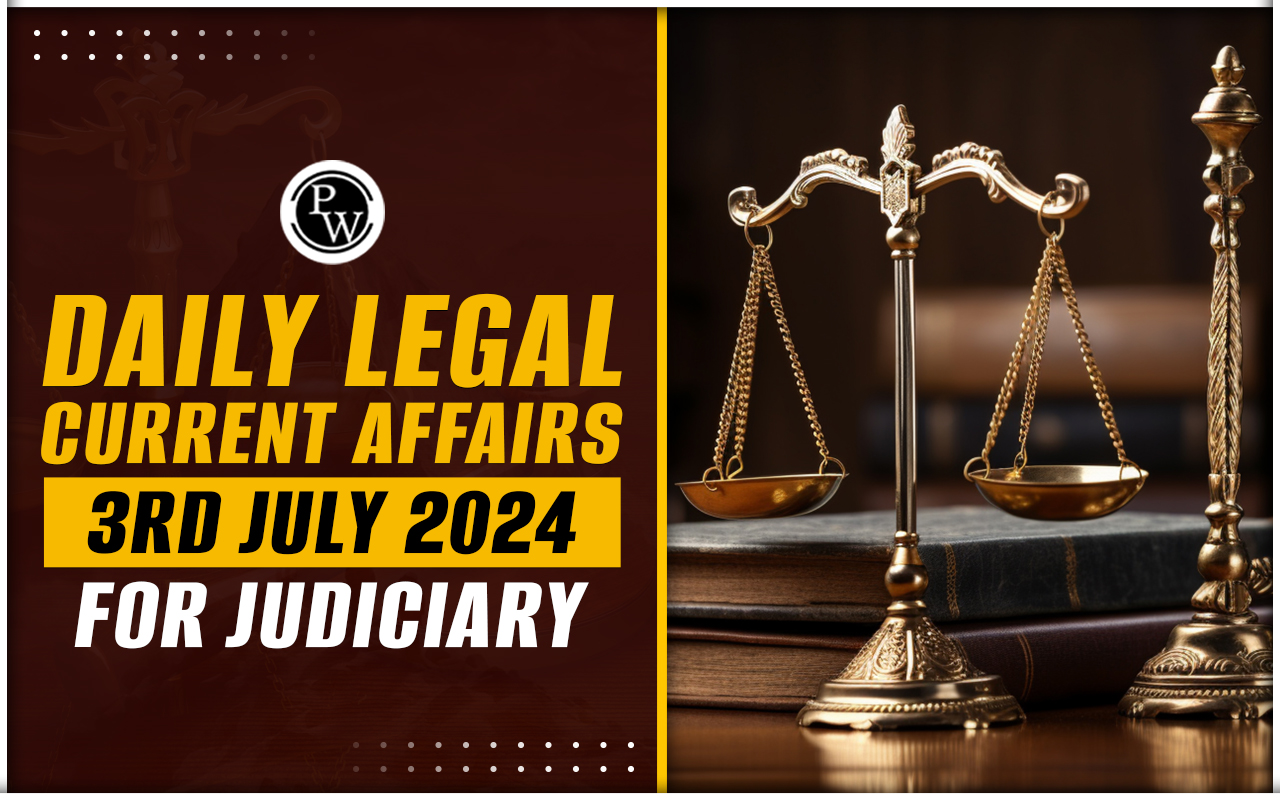
SHRI TENZIN TSEPHEL & ANR. v. STATE OF MEGHALAYA & ORS
- BENCH : Justice B. Bhattacharjee
- FORUM : Meghalaya High Court
-
OBSERVATIONS
- The Meghalaya High Court has held that the victim of rape expressing forgiveness towards the accused and wishing not to proceed further in the case is not a ground to quash the First Information Report (FIR) against the accused.
- Justice B. Bhattacharjee further said it is for the Trial Court to decide whether there was a presence of consent based on such forgiveness.
- The bench was considering the petition of the accused/petitioners under Section 482 Cr.PC for quashing the FIR against them under Section 376D/34 for offence of gang rape.
- The accused/petitioners claimed that the victim in a letter addressed to the Rynjah Police Station, Shillong had stated that she had forgiven the accused and since they were very young, she did not want to proceed any further in the case against them.
-
The accused/petitioners contended that the letter of the victim showed consent and since she was a major, presence of her consent would nullify the charge against them.
- Therefore, it was a fit case to quash the FIR against them. The Court noted the trial for the case is in early stages and evidence of prosecution has not yet been concluded. It stated that the letter of the victim indicates that she had forgiven the accused/petitioners and did not wish to proceed with the case.
- However, the Court stated that it is for the Trial Court to decide on the basis of evidence produced during trial whether the letter of the victim could be interpreted as a presence of consent. It observed “Even if it is assumed at this juncture that the survivor has forgiven the petitioners, there is nothing in law which can result in quashing the proceeding on the basis of such forgiveness.”
- It was further stated that in the case of Gian Singh v. State Of Punjab (2012) , the Supreme Court laid down that the serious offence such as rape cannot be settled or withdrawn based on based on forgiveness from survivor or any agreement between the parties. The Court thus held “In such a situation, the petition filed by the petitioners has no merit.”
- It stated that the accused/petitioners have liberty to raise the question of consent before the Trial Court and dismissed the petition.
YOGESH SAHU AND ANOTHER v. STATE OF CHHATTISGARH
-
- BENCH: Chief Justice Ramesh Sinha and Justice Sachin Singh Rajput
- FORUM : Chhattisgarh High Court
- OBSERVATIONS
- The appellants, Yogesh Sahu and Nandu, were accused of abducting the complainant, Bhagwanta. The prosecution alleged that the complainant was held hostage by the appellants, who instructed him to tell his (complainant) wife to obtain the remaining amount of 6 lakh rupees from Ghazi Khan. Khan had allegedly purchased a truck from appellant Yogesh Sahu but had not paid the full promised amount.
- The Complainant was allegedly kept tied with a chain inside the room, and his wife was asked to get money from Khan, and only then would the complainant be released.
- Accused Yogesh also sent the photo of the complainant's hands and feet tied on the mobile phone of his wife. The trial Court in May 2023, upon appreciation of oral and documentary evidence available on record, convicted and sentenced the accused/appellants to life imprisonment.
- Challenging their conviction, the accused-appellants moved the High Court, arguing that there was no allegation that the appellants demanded any ransom, and the evidence showed that they detained the complainant only to take his money back from Ghazi Khan. The counsel for the appellants argued that prosecution witness Ghazi Khan (PW-3) specifically stated that the complainant was not abducted.
- He asserted that Bhagwanta and the appellants were friends and that, due to their friendship, they fabricated the abduction story to recover money from him.
- It was further contended that this was not a case of ransom, as the appellants never called the complainant's wife to demand any payment in exchange for releasing her husband. The counsel suggested that it is possible the complainant and the appellants devised a plan to recover the remaining amount from Ghazi Khan.
- Therefore, it was submitted that the conclusions and findings of the trial court were based on presumptions and conjecture.
- Analyzing the statements of the witnesses as well as the record of the entire case, the Court noted that from a perusal of the evidence of the complainant itself, it was clear that there was no allegation that appellant Yogesh Sahu, along with one co-accused, had demanded any ransom.
- The court also considered the evidence indicating that the complainant was detained only because he had helped sell appellant Yogesh Sahu's truck to Khan, who had not paid the full amount owed.
- Consequently, appellant Yogesh Sahu and co-accused Nandu detained the complainant only to recover the remaining money from Khan. “ …it is not a case of ransom because the appellants have not called her to pay ransom from her in lieu of leaving her husband and it is possible that her husband and the appellants have made planning to receive the rest of the amount of the truck from Ghazi khan,” the Court noted.
- Given this, the Court concluded that the prosecution failed to bring home the offence under Section 364A of the IPC against the appellants beyond reasonable doubt.
- Further, the Court examined the facts of the case to determine if the trial Court was justified in convicting the appellants for offence under Section 343 of the IPC (wrongful confinement).
- The Court noted that there was no evidence of wrongful confinement by the appellants as it was admitted that the complainant travelled with the appellants to so many crowded places, but he neither resisted nor tried to call anyone for his help.
- Further, the Court found that all the injuries the complainant sustained were simple and could have been caused by slipping or falling down on the vehicle.
- Given this, determining that there was no ingredient of voluntarily causing hurt, the Court opined that the trial Court was absolutely unjustified in convicting the appellants for an offence under Section 323 of the IPC.
- For the foregoing reasons, the appellants' conviction and sentence under Sections 364A, 343, and 323/34 of the IPC was set aside, and their appeal was allowed.
K NIZAMUDDIN v. THE CHIEF SECRETARY TO GOVERNMENT AND OTHERS
-
- BENCH : Chief Justice R Mahadevan and Justice Mohammed Shaffiq
- FORUM : Madras High Court
- FACTS
-
- The court was hearing a petition filed by an Advocate K Nizamuddin.
- In his plea, Nizamuddin pointed out that there was no statutory framework or standard operating procedure to protect, preserve and maintain the CCTV footage inside police stations or against its manipulation and doctoring.
- He pointed out that this lacuna goes against the very purpose for which the CCTV cameras are installed.
- Nizamuddin further stated that a police station was where a citizen's liberty was curtailed by way of an arrest or custodial interrogation which is sanctioned under law.
- He added that CCTVs were installed in police stations to prevent any custodial torture or use of excess force by the police which may lead to human rights violation by the uninformed force.
- He added that with the advent of technology, the digital evidence played an important role and with the help of CCTV cameras, one could easily identify the aggressor/offender.
- He submitted that while the state government has taken a policy decision to modernize the police force, a standard procedure for the maintenance of CCTV footage was still missing.
- Bringing attention to the Sathankulam police brutality, Nizamuddin pointed out that in most of the cases in this nature, the CCTV cameras would become dysfunctional in crucial times. Nizamuddin added that in the Sathankulam case, the preliminary investigation revealed that there was manipulation of the CCTV footage from the cameras.
- Thus, emphasizing on the need for protecting and preserving the CCTV footage to prevent custodial violence and police brutality, Nizamuddin sought for reliefs.
- OBSERVATIONS
-
- The Madras High Court recently closed a public interest litigation seeking to frame standard operating procedures for preserving, protecting and maintaining the CCTV footage inside police stations and ensuring its availability to prevent possible human rights violation.
- The bench of Acting Chief Justice R Mahadevan and Justice Mohammed Shaffiq closed the plea after considering the State's plea that CCTV cameras have been installed in almost 99% of the police stations and steps have been taken to preserve the footage for a period of 18 months. The court remarked that the State's steps would address the grievances of the petitioner.
- The court further gave liberty to the petitioner to approach the court if he had any grievance in the future.
VIGNESH SHISHIR v. RAHUL GANDHI, MEMBER OF LOK SABHA AND OTHERS 2024
-
- BENCH : Justice Rajan Roy and Justice Om Prakash Shukla
- FORUM : Allahabad High Court
- OBSERVATIONS
- The Allahabad High Court allowed the withdrawal of a Public Interest Litigation (PIL) Plea to set aside Congress leader Rahul Gandhi's election as an MP from the Rae Bareli Lok Sabha seat.
- A bench of Justice Rajan Roy and Justice Om Prakash Shukla dismissed the PIL plea as withdrawn while allowing the petitioner to approach the competent authority under Section 9(2) of the Citizenship Act, 1955, as far as it is permissible in law.
- The bench passed this order as the petitioner (S Vignesh Shishira), after arguing in person for around 20 minutes, sought withdrawal of his PIL with the liberty to approach the competent authority under the Citizenship Act 1955 for raising his grievance.
- Importantly, before the dismissal of the PIL plea, dramatic scenes unfolded in the courtroom. The bench had to rise midway after it took exception to the petitioner's advocate's incessant arguments.
- The situation escalated when the Petitioner's Advocate (Ashok Pandey) insisted on continuing his argument despite the division bench expressing reluctance to hear the case further.
- Significantly, during the hearing, which lasted more than 90 minutes, the Court repeatedly asked Advocate Pandey to conclude his arguments, noting that he had already been heard for a substantial amount of time.
- For the uninitiated, Karnataka BJP Worker S. Vignesh Shishir, through advocate Ashok Pandey, filed the PIL plea to set aside Congress leader Rahul Gandhi's election as an MP on the ground that he is not an Indian Citizen but a British citizen and thus ineligible to contest the LS Polls. Essentially, after extensively hearing the Petitioner's Advocate (Ashok Pandey) and the Petitioner (S. Vignesh Shishir) for around 90 minutes, the bench stated that it was reserving order in the matter.
- However, Advocate Pandey insisted on arguing further as he submitted that he had "a lot of submissions" to make.
- To this, when the bench said that it had given enough opportunity to him as well as the petitioner to present their arguments and that all their arguments had been taken note of, Advocate Pandey became impatient and said: " Abhi aur suniye hume, arguments karne dijiye. Bolne dijiye. Yahan 20-20 din behas suni jaati hai aur aap hume ek ghanta nahin sun rahe" (Please hear me further, let me argue.The matters are argued for 20-20 days here, and you are not hearing me even for one hour).
- In response, the bench stated that hearings in those matters last for 20 days if the arguments are substantial enough. The bench again emphasized that the arguments being made by Advocate Pandey had already been heard and considered by the court. "Dekhiye ho gaya. Aap (Advocate Pandey) aise karenge to hume uthna pad jayega (we will have to rise). Pura din kaam karna hai hume, aise mood kharab karke kaise hoga kaam. Behas jin mamlon mein 20-20 din suno jaati hai wo matters sunne layak bhi hote hain, the bench said. [We have to work the whole day, how will we work if we spoil our mood like this. Those matters which are heard for 20-20 days also deserve to be heard.]
- However, in response to the Court's observations, Advocate Pandey urged the bench to "not get personal".
- At that moment, the situation reached a boiling point as the bench, seemingly exasperated, remarked, " Enough! You have tested our patience. You can't take the Court for granted. We have given you enough chances. Now, we are rising. Looks like you don't want us to hear other matters''. As the judges were leaving the courtroom, Advocate Pandey remarked: "Ye antim adalat nahi hai" (HC is not the final court).
Also Check: Daily Legal Current Affairs 02 July 2024
RAKESH YADAV & ORS. v. STATE OF NCT OF DELHI & ANR.
-
- BENCH : Justice Swarana Kanta Sharma
- FORUM : Delhi High Court
- OBSERVATIONS
- The Delhi High Court has observed that criminal cases involving allegations of sexual violence cannot be quashed on the basis of monetary payments as doing so would imply that “justice is for sale.”
- Justice Swarana Kanta Sharma made the observation while rejecting a plea moved by a rape accused seeking quashing of an FIR registered by a woman on the ground that the matter was amicably settled between the parties and that she agreed to settle her claims for Rs. 1.5 lakhs.
- The woman, who was divorced and had a child, alleged that the accused had misrepresented himself as divorced and engaged in sexual violence and a sexual relationship with her under the false pretext of marriage.
- The court noted that despite serious allegations of extreme sexual violence and threats, the prosecutrix stated that the FIR was lodged out of anger and that she wished that the case be quashed following intervention by their families.
- It further noted that the MOU entered into by the parties was not the result of a resolution of misunderstandings through family intervention but rather an exchange of money amounting to Rs. 12 lakhs, intended to secure the quashing of the FIR.
- “However, this Court is of the opinion that criminal cases involving allegations of sexual violence cannot be quashed on the basis of monetary payments, as doing so would imply that justice is for sale,” the court said.
- Justice Sharma said that the case did not merit the quashing of the FIR but necessitated a trial to determine whether the accused committed the offences or whether the complainant lodged a false complaint and then sought to settle the case by accepting Rs. 1.5 lakhs.
- “This Court is of the opinion that true justice and the ends of justice will be served not by quashing the FIR without a trial, but by conducting a trial to fairly ascertain the real culprit, whether it be the accused or the complainant,” the court said.
- It added: “The learned Trial Court must decide the case on its merits, examining the facts in light of natural justice for both the complainant and the accused, as well as considering the broader implications for the community and the criminal justice system. Every judgment carries its own message, and this one emphasizes that the integrity of the judicial process must be upheld.”
RAJINDER SINGH TAGGAR v. STATE OF PUNJAB
- BENCH : Justice Sandeep Moudgil
- FORUM : Punjab & Haryana High Court
-
OBSERVATIONS
- The Punjab & Haryana High Court today sought a response from the Punjab Government on the allegations of "high handedness and colourable exercise of power" by which a Punjab journalist was arrested on charges of extortion for publishing news against a real estate owner.
- While granting interim bail to journalist Rajinder Singh Taggar, Justice Sandeep Moudgil said, "State of Punjab is called upon to file response to the acquisition of highhandedness and colourable exercise of power which may tantamount not only to abuse of process of law but will violate the right of press i.e. Freedom of Speech and Expression as enshrined in Article 19(1)(a) of the Constitution of India."
- Taggar was arrested on a complaint filed by one N.K. Sharma who alleged that he made videos based on false propaganda that the flats and projects owned by him were built on the government land with the "intention to defame, cause financial loss and extortion."
- Senior advocate R.S. Bains appearing for Taggar submitted that he is a journalist, who is connected with prestigious newspapers and also operates his own online news channel from platforms like YouTube and Facebook in the name of “Punjab Dastavez”.
- He argued that the petitioner published a news item highlighting the wrongful means adopted by N.K. Sharma Enterprises Pvt. Ltd. and Savitri Green-2 Projects are being brought up by a politician-cum-renowned builder in District Mohali usurping the Government land in which revenue authorities of the State Government are also alleged to be involved who claim exorbitant compensation on account of the acquisition of land showing the existence of an orchard.
- The real owners of the said land registered an FIR against N.K. Sharma who along with his family members is also stated to have constituted a fake trust in the name and style of Darbari Lal Foundation International Education Society whereby encroachment has been made upon 5 bighas and 18 biswas of land which otherwise vests in the Government, he added.
- The senior advocate contended that Taggar is "used as an arm- twisting mode to curb the voice of people through media at the hands of influential complainant." Considering the submissions, Justice Moudgil granted interim bail to the journalist.
- "The petitioner is behind bars and facing incarceration for one month and 23 days by now in the instant FIR merely for publishing a news item against the complainant and its enterprises further infringing his right to life and liberty in a socialistic welfare state wherein the democratic set up is the backbone of governance to provide fearless, transparent and fair environment for its citizens but the same seems to have been thrown haywire," said the Court.
- The matter is listed for July 29, 2024 for further consideration.
Also Check: Daily Legal Current Affairs 01 July 2024
SUO MOTO: IN RE : “Public Health – Protect the Present and Safeguard the Future from Food Adulteration”
-
- BENCH: Justice Anoop Kumar Dhand
- FORUM : Rajasthan High Court
- OBSERVATIONS
- The Rajasthan High Court has taken suo moto cognizance of the rampant increase in food adulteration incidents, stating that protection against hazardous and injurious food articles is a facet of fundamental right to life under Article 21 of the Constitution.
- Food is essential for sustenance of life but today, the entire world is too busy with other commitments to invest time in finding out whether the everyday food is for consumption safe or not, observed a bench of Justice Anoop Kumar Dhand.
- It highlighted that according to a survey conducted by the Food Safety and Standard Authority of India, even detergent was found to be one of the adulterants.
- As per Union Health Ministry, 20% food in the country is adulterated or substandard, it added.
- Notice has thus been issued to the Ministry of Home Affairs, Union Health Ministry, FSSAI, National Health Services and Food Research Institute and other concerned offices.
- Court lamented that various loopholes in the Food Safety and Standard Act 2006 and yet, the Food Safety and Standard (Amendment) Bill, 2020 has been lying in cold storage. "Fundamental Right to Life includes safe and healthy life. People are protected under Article 21 of the Constitution of India against the hazardous and injurious food articles and under Article 47 of the Constitution of India, it is the duty of the welfare State to ensure such rights the citizens are protected.
- The adulteration of food is a subject in the concurrent list of the Constitution of India by which both the Central Government and State Governments are quite competent to frame and enact penal laws for prevention of food adulteration," it said.
- The matter is directed to be listed before the roster bench. In the interregnum, the Court has issued following directives:
- Constitution of a state level committee headed by the Chief Secretary to review the work done towards curbing adulteration. State Food Safety Authority (“SFSA”) to identify risk areas that are at high chances of adulteration and conduct regular sampling. SFSA to ensure that the test labs are well equipped with technological and human resources.
- Central and State Government to set-up a website for creating awareness about the complaint mechanism and responsibilities of the food safety authorities. The website should have contact details of food safety officers and a toll-free number as well. Central and State Government to put a check on compliance and unethical practices used by Food Authorities and their officers.
- State Government to circulate messages through various mediums about ill effects of adulteration and to educate children through workshops in schools for determining adulterated components in food.
Judiciary Exam Current Affairs FAQs
How many months of current affairs is required for a Judiciary Exam?
The candidates are recommended to prepare for at least a year before appearing in the Judiciary examination.
Where can I study current affairs for the Judiciary?
The candidates can study and get the daily current affairs for Judiciary from the official page of Physic Wallah.
How can I prepare for Judiciary current affairs?
The candidates can prepare for the Judiciary current affairs by reading newspapers daily and exploring the online material available.
🔥 Trending Blogs
Talk to a counsellorHave doubts? Our support team will be happy to assist you!

Free Learning Resources
PW Books
Notes (Class 10-12)
PW Study Materials
Notes (Class 6-9)
Ncert Solutions
Govt Exams
Class 6th to 12th Online Courses
Govt Job Exams Courses
UPSC Coaching
Defence Exam Coaching
Gate Exam Coaching
Other Exams
Know about Physics Wallah
Physics Wallah is an Indian edtech platform that provides accessible & comprehensive learning experiences to students from Class 6th to postgraduate level. We also provide extensive NCERT solutions, sample paper, NEET, JEE Mains, BITSAT previous year papers & more such resources to students. Physics Wallah also caters to over 3.5 million registered students and over 78 lakh+ Youtube subscribers with 4.8 rating on its app.
We Stand Out because
We provide students with intensive courses with India’s qualified & experienced faculties & mentors. PW strives to make the learning experience comprehensive and accessible for students of all sections of society. We believe in empowering every single student who couldn't dream of a good career in engineering and medical field earlier.
Our Key Focus Areas
Physics Wallah's main focus is to make the learning experience as economical as possible for all students. With our affordable courses like Lakshya, Udaan and Arjuna and many others, we have been able to provide a platform for lakhs of aspirants. From providing Chemistry, Maths, Physics formula to giving e-books of eminent authors like RD Sharma, RS Aggarwal and Lakhmir Singh, PW focuses on every single student's need for preparation.
What Makes Us Different
Physics Wallah strives to develop a comprehensive pedagogical structure for students, where they get a state-of-the-art learning experience with study material and resources. Apart from catering students preparing for JEE Mains and NEET, PW also provides study material for each state board like Uttar Pradesh, Bihar, and others
Copyright © 2025 Physicswallah Limited All rights reserved.



